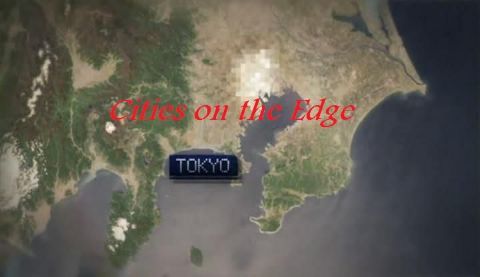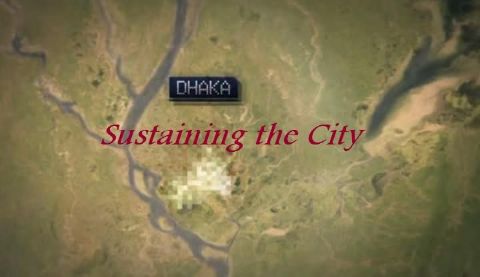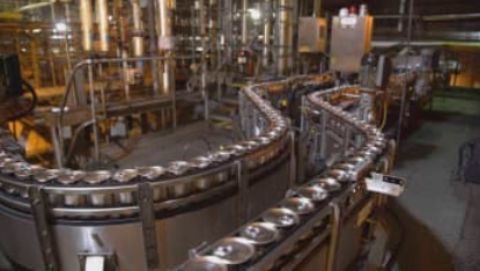Cities on the Edge • 2011 • episode "S1E2" • Andrew Marr's Megacities
Safety and security are two of the biggest challenges faced by each and every metropolis. Whether earthquake, terrorism, flood or just crime, it's the geology, politics and social makeup of the megacities that make them some of the most profitable and dangerous places to live. Andrew starts in Mexico City, the kidnap capital of the world. The compactness of the megacity often means that the super rich must live closely beside the super poor. Andrew finds out how evasive driving and bulletproof vests are protecting Mexico's super rich and middle classes. In London, he joins a Metropolitan Police riot unit on a practice routine, and hangs out with boy racers in Tokyo. And he meets the canine helpers responsible for saving lives in the event of terrorist attack. Tokyo, Mexico City, Dhaka - the megacities are victims of their shifting geologies. Andrew explores how sea levels, earthquakes and floods are putting some of our most promising cities at risk.
Make a donation
Buy a brother a hot coffee? Or a cold beer?
Hope you're finding these documentaries fascinating and eye-opening. It's just me, working hard behind the scenes to bring you this enriching content.
Running and maintaining a website like this takes time and resources. That's why I'm reaching out to you. If you appreciate what I do and would like to support my efforts, would you consider "buying me a coffee"?
Donation addresses
BTC: bc1q8ldskxh4x9qnddhcrgcun8rtvddeldm2a07r2v
ETH: 0x5CCAAA1afc5c5D814129d99277dDb5A979672116
With your donation through , you can show your appreciation and help me keep this project going. Every contribution, no matter how small, makes a significant impact. It goes directly towards covering server costs.








